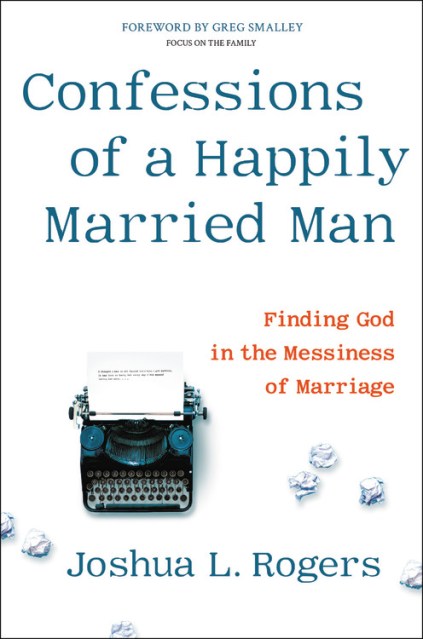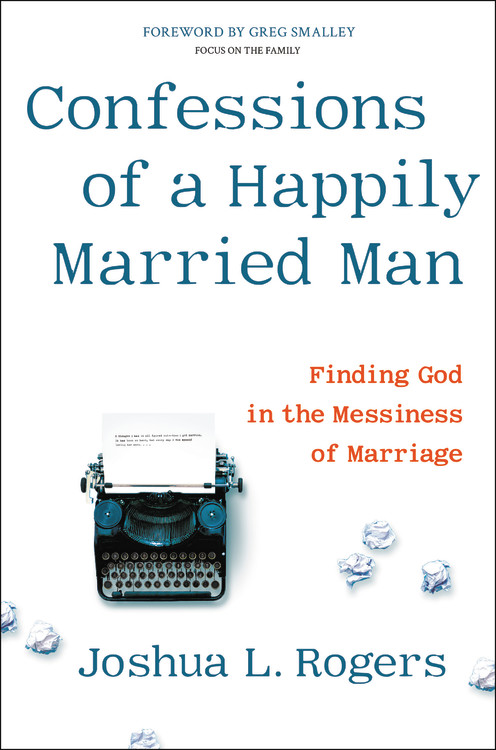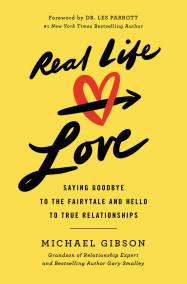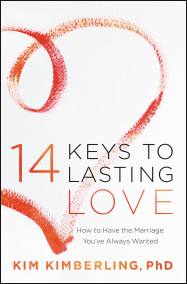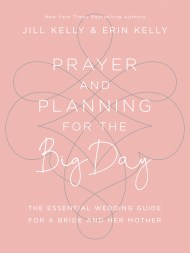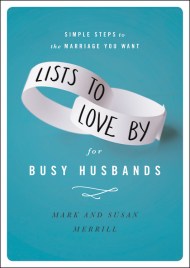By clicking “Accept,” you agree to the use of cookies and similar technologies on your device as set forth in our Cookie Policy and our Privacy Policy. Please note that certain cookies are essential for this website to function properly and do not require user consent to be deployed.
Confessions of a Happily Married Man
Finding God in the Messiness of Marriage
Contributors
Formats and Prices
- On Sale
- Dec 17, 2019
- Page Count
- 208 pages
- Publisher
- Worthy Books
- ISBN-13
- 9781546014218
Price
$20.00Price
$26.00 CADFormat
Format:
- Hardcover $20.00 $26.00 CAD
- ebook $12.99 $16.99 CAD
- Audiobook Download (Unabridged)
This item is a preorder. Your payment method will be charged immediately, and the product is expected to ship on or around December 17, 2019. This date is subject to change due to shipping delays beyond our control.
Buy from Other Retailers:
Discover God in the messiness of your marriage, as popular marriage and family columnist Joshua Rogers offers spouses hope with real-life stories from his own marriage and helps you see how God is at work in the ordinary and extraordinary of your relationship.
Confessions of a Happily Married Man is a husband’s painfully honest account of his first ten years of marriage. It offers a window into the perspective of a man who went from “hello” to “I do” in nine months and then figured out how hard marriage could be.
When Joshua Rogers thought back on the marriage books he had read or sermons about marriage he had heard, it occurred to him that he could only remember one thing about them: the stories. That’s why this book is anchored by stories that other couples will relate to and can easily learn from. The stories are cringe-worthy, humorous, inspiring, heart-breaking, and full of wisdom–but the author isn’t telling the reader what to do with that wisdom. He’s letting the reader learn along with him as he’s gradually becoming more self-aware, increasingly grateful for his wife, and surprised to discover what God is doing in the middle of it all.
-
"It's all too common for married couples to part ways as soon as trouble hits. But in Confessions of a Happily Married Man, we see a solid relationship that's thriving not because struggles are absent, but because God is present within those struggles."Jim Daly, Focus on the Family president
-
"Full of humor, humility, and practical guidance for pursuing a God-honoring relationship, this is an exciting new resource for men and women, married or single."Ann-Margret Hovsepian, Best-selling author
-
"In Confessions of a Happily Married Man, Joshua uses their real-life love story-with all its twists and turns-to provide a practical road map for couples in every stage of life. . . . On top of the practical help, this book is wildly entertaining!"Dave Willis, Best-selling author and co-host of The Naked Marriage podcast
-
"Too often in our culture, marriage is understood in ideal rather than real terms. . . . Joshua Rogers's honesty, vulnerability, and superb storytelling skills will encourage readers to see marriage for what it really is-and what it really can and should be."Karen Swallow Prior, Author of On Reading Well
-
"If you've been married for any length of time, you will find yourself in this book. In pulling back the curtain on his own imperfect marriage, Joshua Rogers creates space for the rest of us to reflect honestly on our own."Drew Dyck, Contributing editor to CTPastors.com
Newsletter Signup
By clicking ‘Sign Up,’ I acknowledge that I have read and agree to Hachette Book Group’s Privacy Policy and Terms of Use
